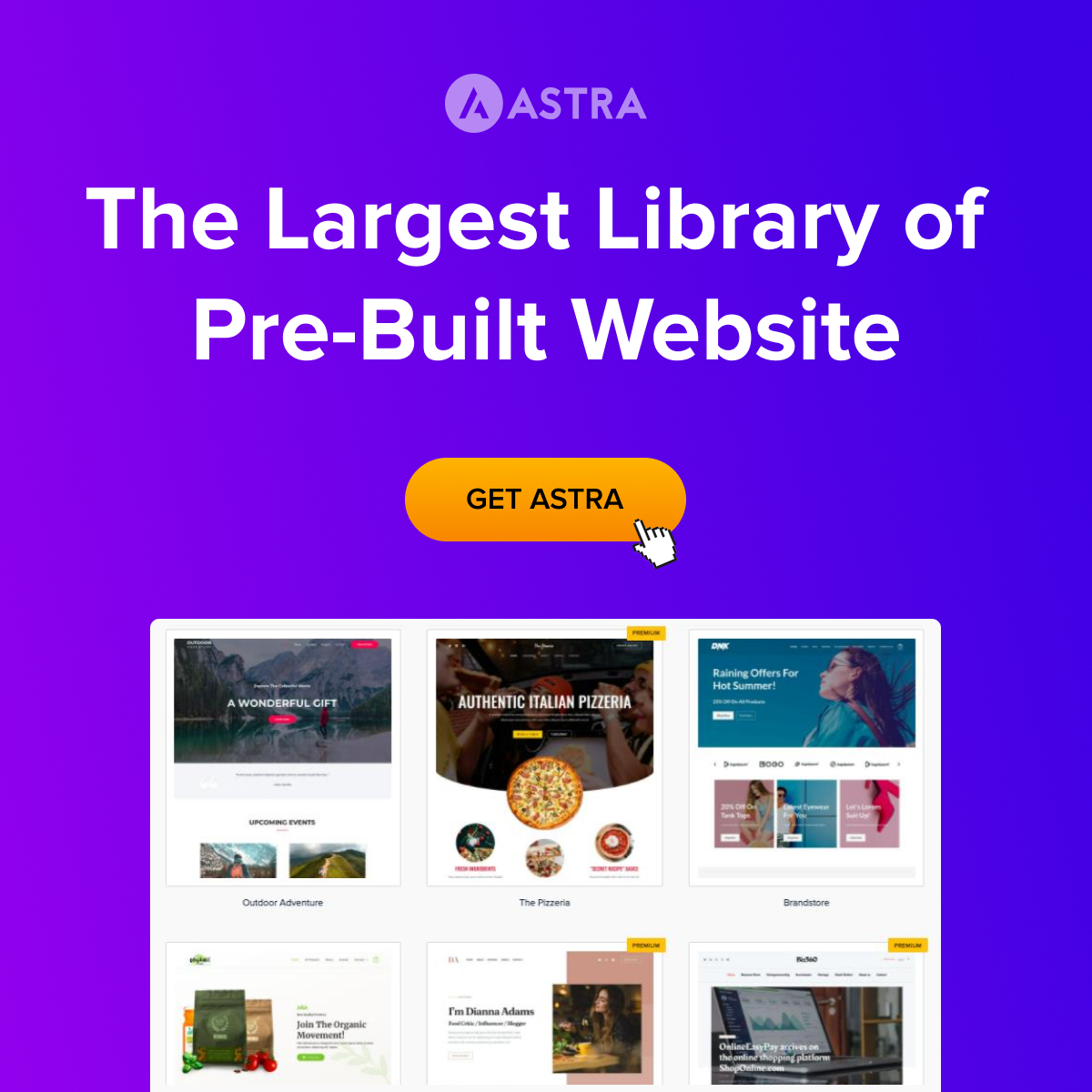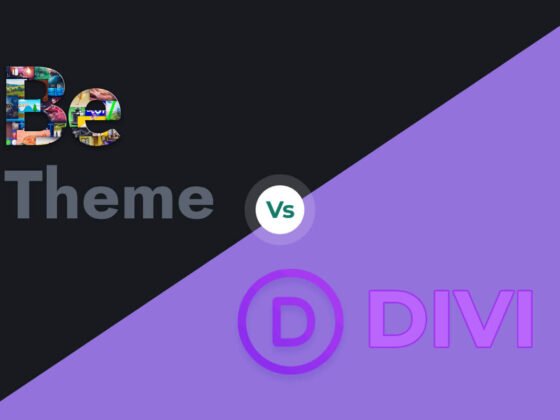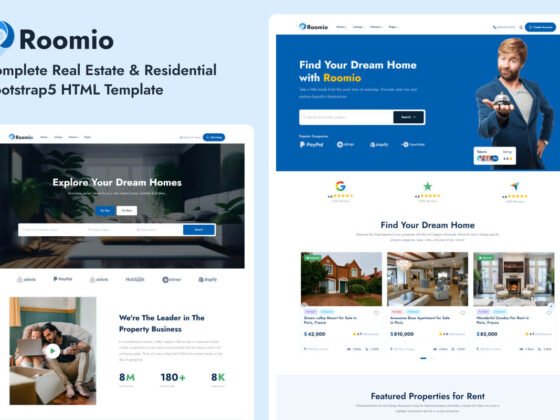In today’s fast-evolving digital landscape, the demand for skilled web developers continues to rise. Whether you’re looking to start a career in web development or enhance your current skill set, online courses provide a flexible and effective way to gain the knowledge and experience you need. From coding fundamentals to advanced web technologies, there are numerous online platforms offering comprehensive courses tailored for aspiring web developers.
In this article, we’ll explore some of the best online courses for aspiring web developers, covering both free and paid options. Each course focuses on different aspects of web development, including front-end, back-end, and full-stack development.
1. The Complete Web Developer Bootcamp (Udemy)
Level: Beginner to Intermediate
Duration: 55+ hours
Cost: Paid (with frequent discounts)
Udemy’s Complete Web Developer Bootcamp is a popular choice for those new to web development. Taught by Colt Steele, this comprehensive course covers everything from the basics of HTML, CSS, and JavaScript to more advanced topics such as Node.js, Express, and MongoDB. The course is project-based, so you’ll build real-world applications like a social media platform as you progress.
What You’ll Learn:
- Front-end web development (HTML, CSS, JavaScript)
- Back-end development (Node.js, Express)
- Working with databases (MongoDB)
- Deploying web applications
Why It’s Great: Colt Steele’s teaching style is highly engaging, and the course is regularly updated with the latest web development practices. It’s ideal for anyone who wants to learn both front-end and back-end development in one comprehensive package.
2. CS50’s Introduction to Computer Science (Harvard University – edX)
Level: Beginner
Duration: 10-12 weeks (self-paced)
Cost: Free (with a paid certificate option)
Harvard’s CS50 is a highly respected course that introduces students to the fundamentals of computer science and programming. While not solely focused on web development, this course is an excellent foundation for anyone aspiring to become a web developer. You’ll learn key programming concepts, problem-solving skills, and how to think computationally.
What You’ll Learn:
- Core programming concepts (C, Python, JavaScript)
- Algorithms and data structures
- Basics of web development (HTML, CSS, JavaScript)
- SQL and database management
Why It’s Great: CS50 is challenging but rewarding, offering a strong theoretical foundation that will benefit any aspiring web developer. Plus, it’s free, making it accessible to anyone with an internet connection.
3. The Web Developer Bootcamp 2024 (Udemy)
Level: Beginner to Intermediate
Duration: 65+ hours
Cost: Paid (with frequent discounts)
Another top-rated course on Udemy, The Web Developer Bootcamp 2024, also by Colt Steele, is an updated version of his classic bootcamp. This course includes everything a beginner needs to start coding websites from scratch. You’ll learn HTML5, CSS3, JavaScript, as well as newer technologies such as ES6, React, and MongoDB.
What You’ll Learn:
- Building responsive websites with HTML, CSS, and JavaScript
- Advanced topics like ES6 and asynchronous JavaScript
- Server-side programming with Node.js and Express
- Creating interactive user interfaces with React
- Handling databases with MongoDB
Why It’s Great: With over 65 hours of content, this course dives deep into the essentials of web development and the latest technologies used in the field. The course is consistently updated to reflect the most current tools and practices.
4. JavaScript Algorithms and Data Structures (freeCodeCamp)
Level: Beginner to Intermediate
Duration: Self-paced
Cost: Free
freeCodeCamp is known for its hands-on, project-based learning approach, and its JavaScript Algorithms and Data Structures course is no exception. This course teaches the fundamentals of JavaScript, one of the most important programming languages for web developers, and then moves on to more complex topics like algorithms and data structures.
What You’ll Learn:
- JavaScript basics (variables, loops, functions, objects)
- ES6 and beyond (arrow functions, promises, etc.)
- Data structures like linked lists, stacks, queues, and trees
- Building and optimizing algorithms
Why It’s Great: If you want to dive deep into JavaScript, freeCodeCamp’s interactive and challenge-based approach is perfect. By the end of the course, you’ll have a strong grasp of the language that powers much of web development today.
5. Front-End Web Developer Nanodegree (Udacity)
Level: Intermediate
Duration: 4-6 months (self-paced)
Cost: Paid (with financial aid options)
For those looking to specialize in front-end development, Udacity’s Front-End Web Developer Nanodegree offers an in-depth curriculum. You’ll learn how to build responsive, interactive websites using a range of front-end technologies, including HTML, CSS, JavaScript, and React. The course also covers performance optimization and web accessibility.
What You’ll Learn:
- Advanced CSS and JavaScript
- Responsive web design
- Front-end frameworks like React
- Performance optimization techniques
- Web accessibility standards
Why It’s Great: Udacity’s nanodegree programs are known for their rigorous curriculum and mentorship. You’ll have access to real-world projects and industry mentors who can guide you through your learning journey.
6. The Odin Project
Level: Beginner to Intermediate
Duration: Self-paced
Cost: Free
The Odin Project is a free, open-source web development curriculum that focuses on full-stack development. The platform offers a guided path for beginners, covering everything from the basics of HTML and CSS to advanced JavaScript, Node.js, and even Ruby on Rails. The course is project-based, meaning you’ll be building real-world applications as you go.
What You’ll Learn:
- Full-stack web development (front-end and back-end)
- Git and GitHub for version control
- Advanced JavaScript and frameworks
- Server-side development with Node.js and Ruby on Rails
Why It’s Great: The Odin Project’s community-driven learning model encourages collaboration and peer support. It’s perfect for anyone who wants a full-stack learning experience without the financial investment of paid courses.
7. Become a Web Developer (Codecademy)
Level: Beginner
Duration: 6 months (self-paced)
Cost: Paid (with free trials available)
Codecademy’s Web Developer Career Path is designed for complete beginners looking to break into web development. The course covers everything from the fundamentals of web design and programming to more advanced topics like SQL, Node.js, and React.
What You’ll Learn:
- HTML, CSS, and JavaScript basics
- Building dynamic web applications
- Working with databases using SQL
- Creating web apps using Node.js and React
Why It’s Great: Codecademy’s interactive learning platform allows you to write code directly in your browser, making it easy to test and apply new concepts immediately. The course also includes career advice and resources to help you land your first web development job.
8. Responsive Web Design (freeCodeCamp)
Level: Beginner
Duration: Self-paced
Cost: Free
Another excellent course from freeCodeCamp, Responsive Web Design, is focused on teaching the fundamentals of creating websites that work seamlessly across different devices. You’ll start with the basics of HTML and CSS, then move on to more advanced topics like Flexbox, CSS Grid, and media queries.
What You’ll Learn:
- Building websites with HTML5 and CSS3
- Creating responsive layouts using Flexbox and CSS Grid
- Making websites mobile-friendly with media queries
- Best practices in responsive web design
Why It’s Great: This course is perfect for beginners who want to learn how to make websites that look great on any device. Plus, it’s free, making it accessible to anyone with an internet connection.
Conclusion
The journey to becoming a web developer requires dedication and the right resources. Fortunately, with the wide range of online courses available, there’s no shortage of learning options to help you succeed. Whether you’re just starting with the basics or diving into advanced full-stack development, the courses listed here offer comprehensive learning experiences to help you develop the skills you need.
No matter which course you choose, consistent practice and hands-on projects are key to mastering web development. So pick a course that suits your needs, and start building your future as a successful web developer today!














